Induction heating equipment plays a pivotal role in the treatment of pipelines, offering versatile applications and significant advantages across various industries. This blog made by JKZ induction heating explores the use of induction heating equipment in both pre-weld and post-weld heat treatment processes, emphasizing its role in maintaining pipeline temperatures and enhancing welding quality.
Role of Induction Heating Equipment in Pre-Weld and Post-Weld Heat Treatment
Pre-Weld Heat Treatment
Induction heating equipment proves invaluable in pre-weld processes, ensuring optimal conditions before welding takes place. This includes bending pipes to required specifications, a crucial step in pipeline fabrication. The precise and efficient heating provided by induction heating equipment facilitates seamless pipe bending, contributing to the overall integrity of the pipeline.
Post-Weld Heat Treatment
After welding, induction heating equipment continues to play a vital role in post-weld heat treatment. This process helps relieve residual stresses, reduce hardness variations, and refine the microstructure of the welded area. The controlled and uniform heating achieved through induction technology ensures that the welded joints meet stringent quality standards, minimizing the risk of defects and enhancing the overall safety of the pipeline.
Maintaining Pipeline Temperature and Improving Welding Quality
Industrial induction heating equipment offers a range of benefits in maintaining pipeline temperature and elevating welding quality.
Temperature Maintenance
For oil and gas pipelines, maintaining a consistent temperature is crucial for optimal flow and performance. Induction heating equipment provides efficient and targeted heating, allowing for precise temperature control. This capability is particularly important in scenarios where pipelines transport sensitive materials, such as in the pharmaceutical or chemical industries.
Quality Enhancement in Welding
Induction heating significantly contributes to the improvement of welding quality. By carefully controlling the heat input during the welding process, induction technology minimizes the risk of common welding defects such as porosity and cracks. This results in stronger, more durable welds, reducing the likelihood of failures and enhancing the overall structural integrity of the pipeline.
In conclusion, the application of induction heating equipment in pipeline treatment is extensive and impactful. Industries ranging from pharmaceuticals to petrochemicals can benefit from the precise heating capabilities of induction technology. Whether it's pre-weld processes like pipe bending or post-weld heat treatment for quality enhancement, induction heating equipment proves to be a reliable and versatile solution. The use of induction heating not only ensures the efficiency of pipeline fabrication but also contributes to the longevity and safety of pipelines across diverse industrial applications.

 en
en  cn
cn  jp
jp  ko
ko  de
de  es
es  it
it  ru
ru  pt
pt  th
th  vi
vi  pl
pl 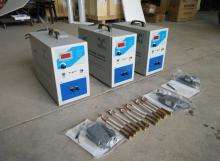
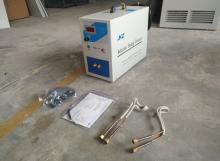
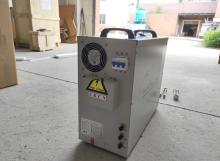
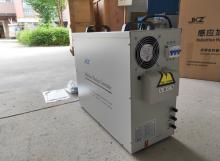
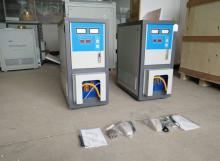
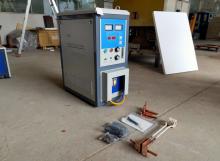
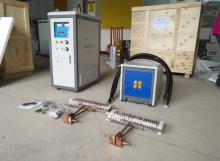
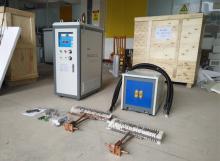
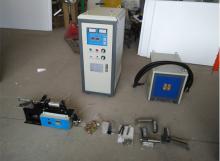
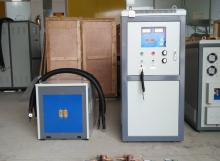
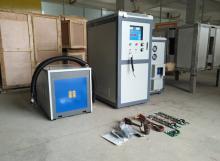
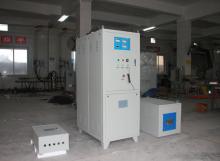
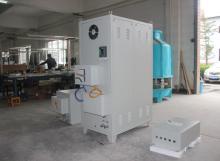
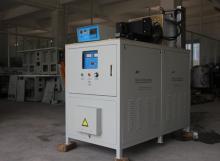
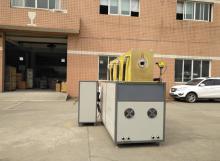
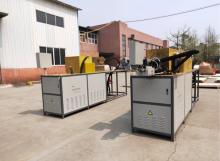
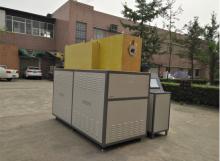
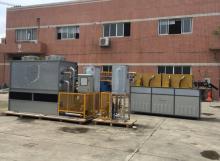
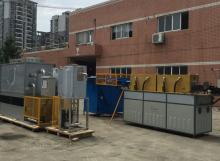
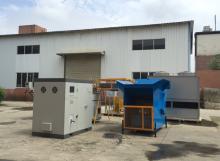
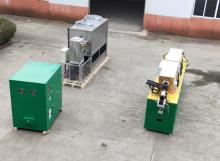
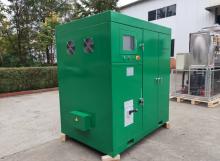
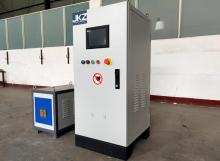
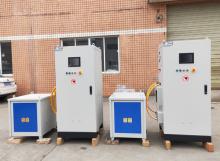
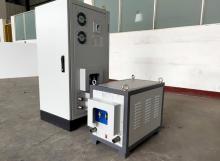
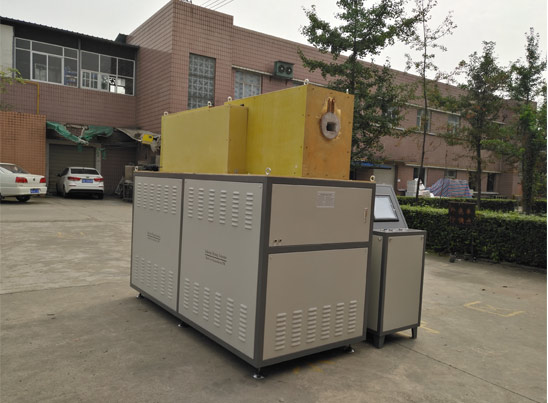
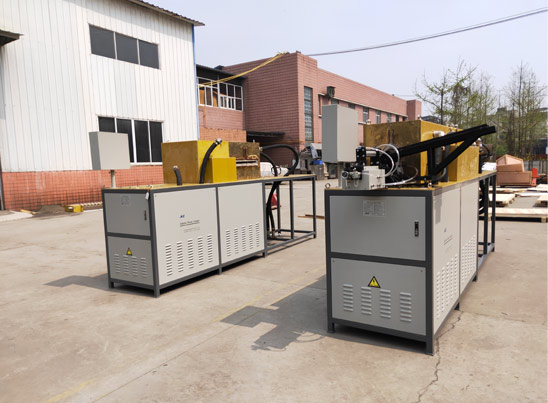
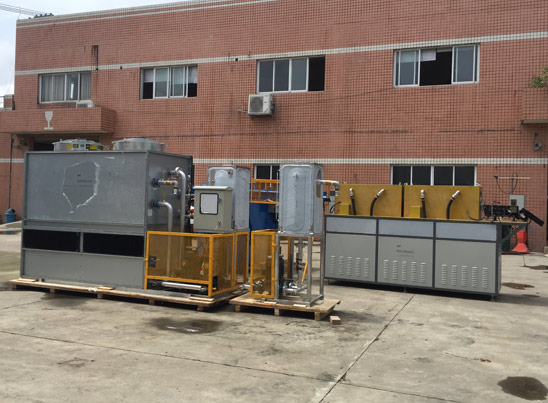






 Call us on:
Call us on:  Email Us:
Email Us:  NO. 688th South Baoguang Road, Xindu District, Chengdu City, Sichuan Province, China
NO. 688th South Baoguang Road, Xindu District, Chengdu City, Sichuan Province, China